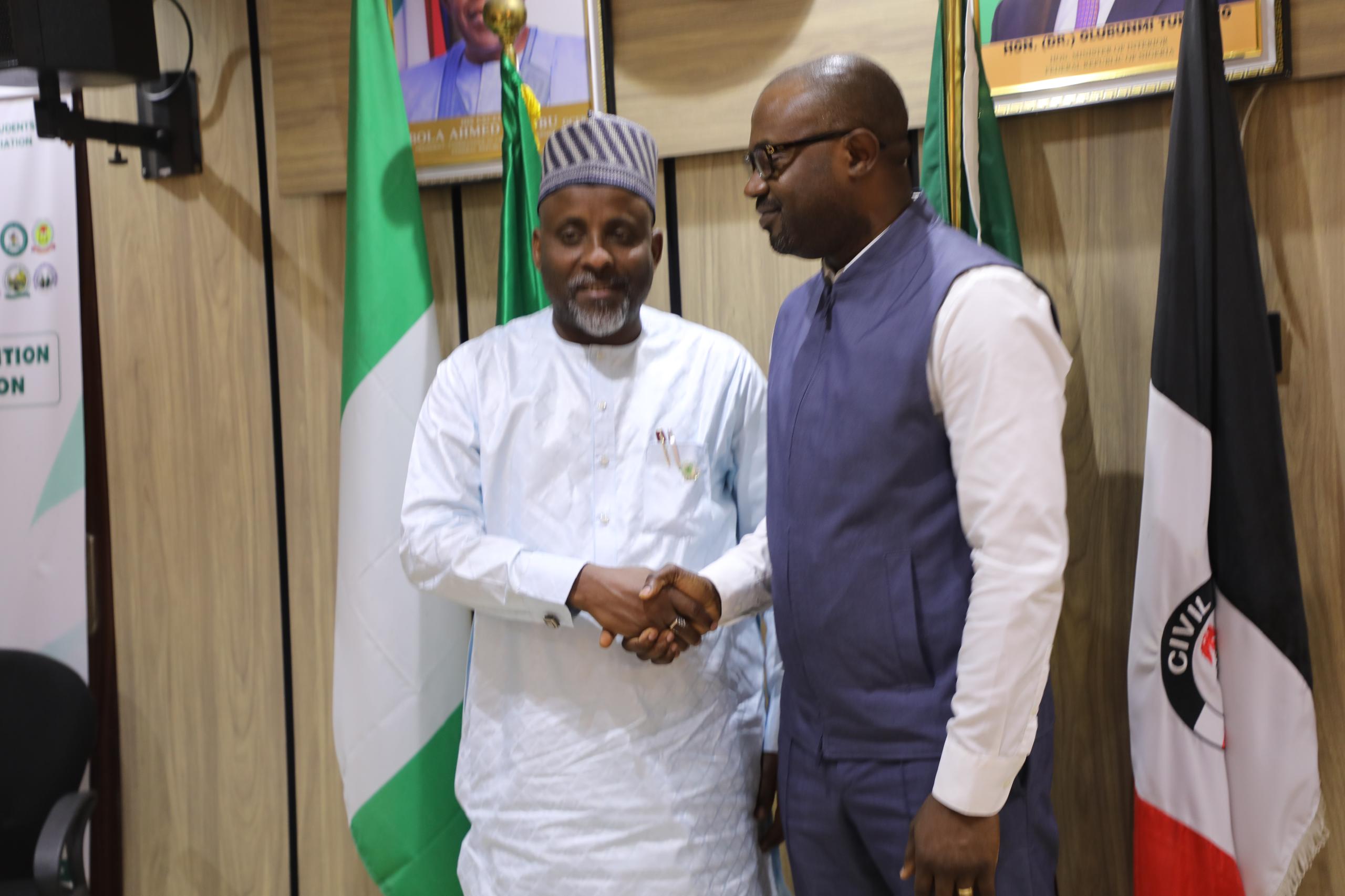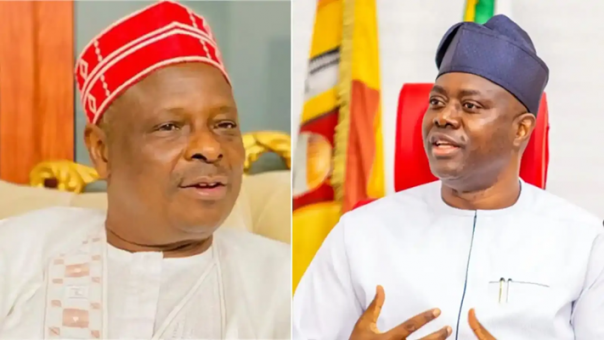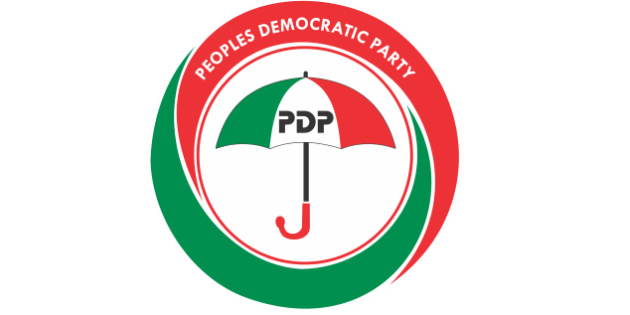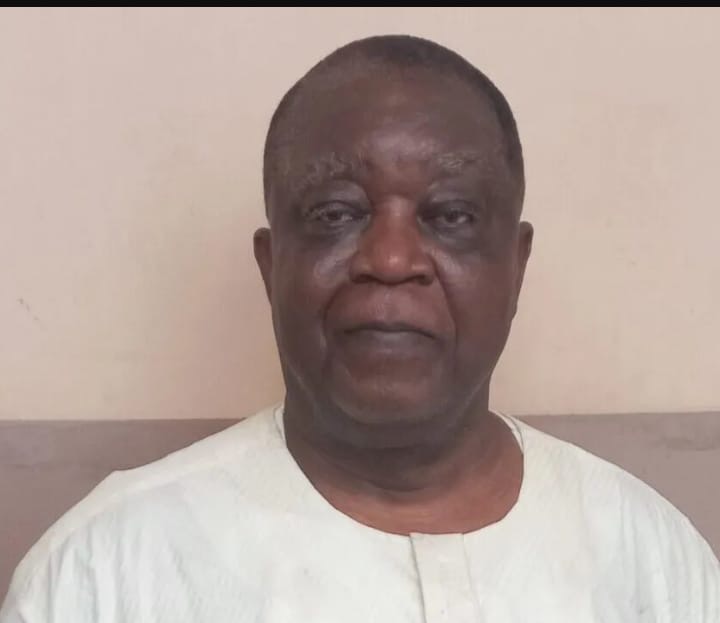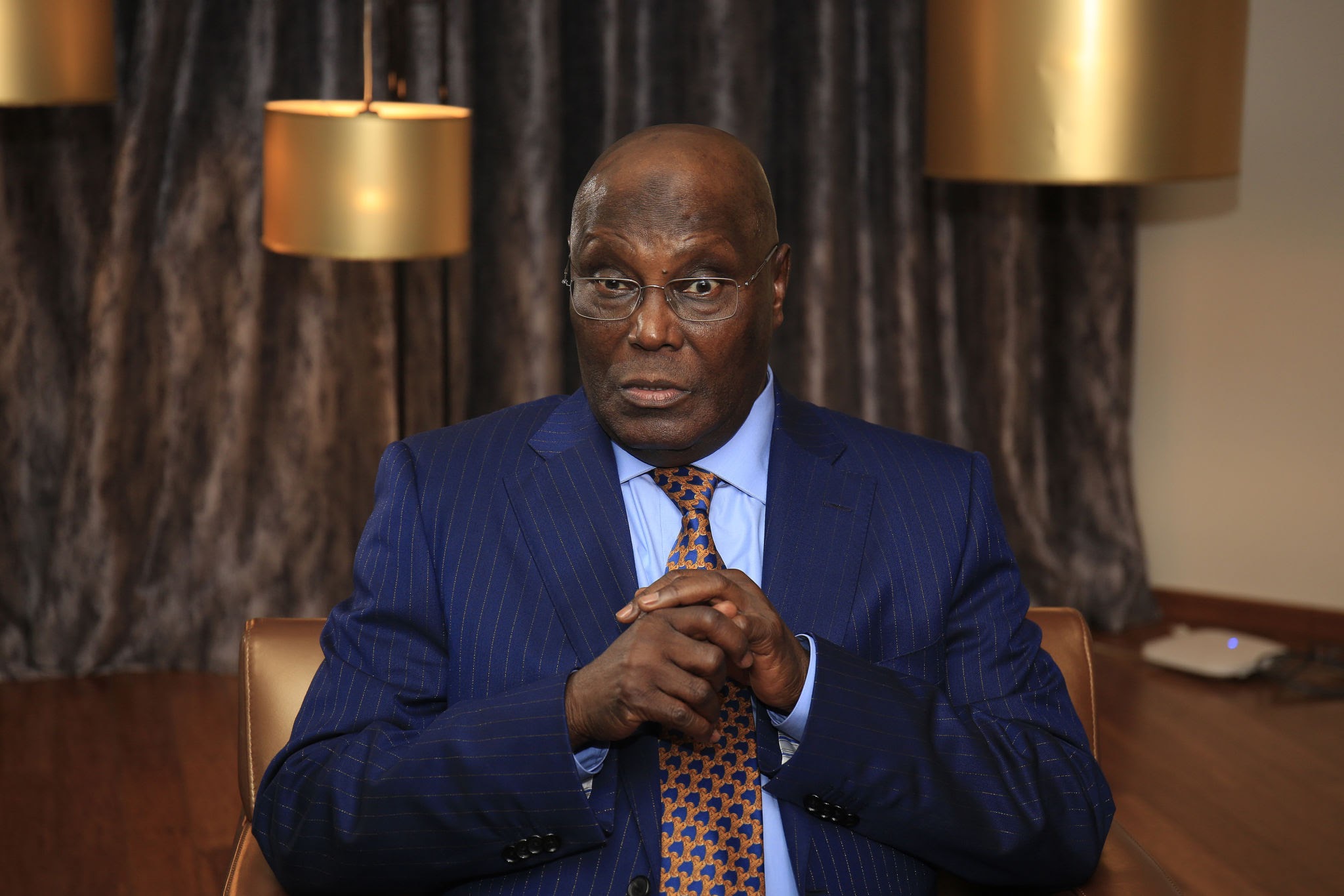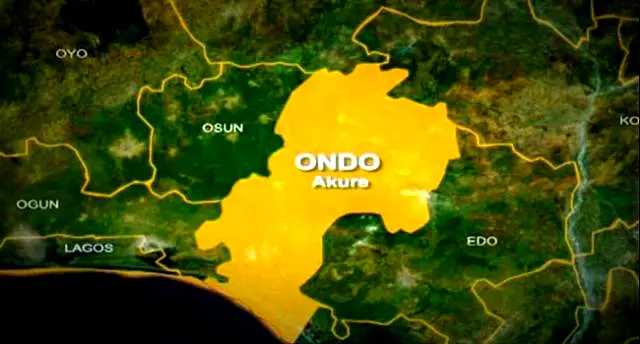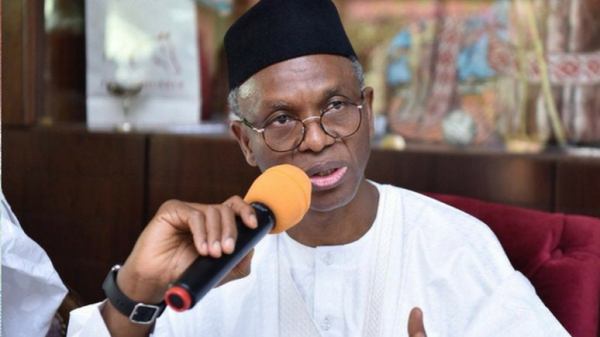Metro
Current State of Abuja Roads: Completing Projects, Keeping Up with Population Growth

Abuja, Nigeria’s capital, is experiencing rapid population growth, which has resulted in increased traffic congestion and strain on its road infrastructure. To address these challenges, the Federal Capital Territory (FCT) Minister, Nyesom Wike, has initiated several projects aimed at completing long-standing road constructions and introducing new ones to improve connectivity and ease traffic issues.
The Minister has been actively inspecting and expediting the completion of various road projects across the FCT. Notable among these are:
Saburi-Dei Dei Road: This project is vital for improving access between Saburi and Dei Dei, facilitating smoother transportation for residents and commuters.
Dutse-Usuma Dam Road Rehabilitation: The 5km rehabilitation of this road is expected to enhance access to the Usuma Dam, a critical water resource for Abuja.
Kwaita/Yebu Road Reconstruction: The 25km road in the Kwali Area Council is undergoing reconstruction to improve connectivity within the area.
Yangoji-Sukuku-Ebo Road Construction: An 11km road project in the Kwali Area Council, aimed at opening up rural areas and promoting economic activities.
In addition to completing existing projects, the FCT administration has launched new road constructions to further enhance the city’s infrastructure:
Kabusa-Takushara and Kabusa-Ketti Access Roads: These roads are designed to improve connectivity in the Kabusa area, facilitating easier movement for residents.
Access Road to the New EFCC Academy in Giri District: This project aims to provide better accessibility to the Economic and Financial Crimes Commission’s new academy, enhancing operational efficiency.
15km Road from A2 Junction Abuja-Lokoja Road to Pai in Kwali Area Council: This road is expected to boost economic activities by linking communities and reducing travel time.
Abuja Light Rail
Beyond road construction, efforts are underway to revitalise the Abuja Light Rail system. After a period of inactivity, the rail service is scheduled to restart in 2024, providing an alternative means of transportation and helping to reduce road traffic.
Community Engagement and Compensation
Recognising the impact of these projects on local communities, Minister Wike has assured residents of fair compensation for any disruptions caused by construction activities. During an inspection of ongoing road construction projects in Life Camp and Katampe districts, as well as the rehabilitation of the International Conference Centre in Abuja on 5 November 2024, Wike reiterated the administration’s commitment not only to infrastructure development but also to improving the wellbeing of residents.
The comprehensive approach adopted by Minister Nyesom Wike in addressing Abuja’s infrastructural challenges reflects a commitment to sustainable urban development. By completing existing projects and initiating new ones, the FCT administration aims to create a more connected city, capable of accommodating its growing population and alleviating traffic congestion.
-

 Uncategorized2 days ago
Uncategorized2 days agoNUJ partners TETFUND on improved educational development, seek more funding for sector
-

 Feature1 day ago
Feature1 day agoBiography of Tunji Disu, the newly appointed Inspector-General of Police
-
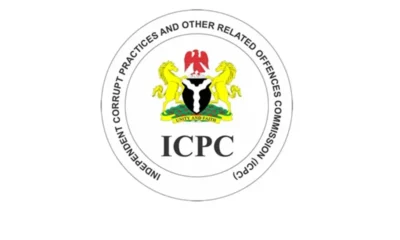
 News2 days ago
News2 days agoICPC arraigns Ebonyi official over alleged N61m fraud
-
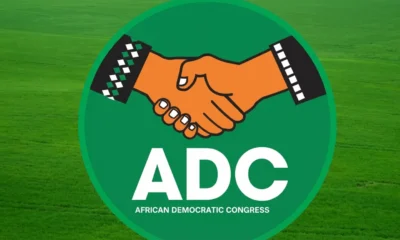
 News2 days ago
News2 days agoCrisis rocks ADC in Edo as party leaders shut out of Odigie-Oyegun’s meeting
-
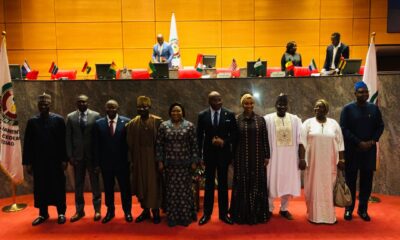
 News2 days ago
News2 days agoECOWAS Parliament Urges stronger democracy, faster AfCFTA implementation
-
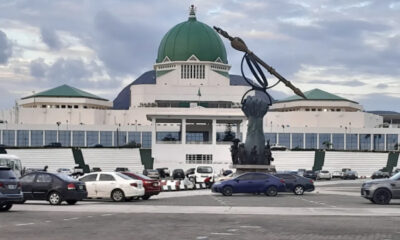
 Uncategorized2 days ago
Uncategorized2 days agoBREAKING :Nass shifts plenary Resumption to March 5
-

 News2 days ago
News2 days agoOkpebholo has laid foundation for Tinubu’s re-election – Wike
-
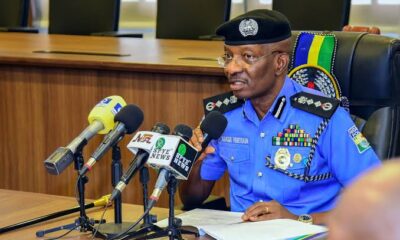
 National News1 day ago
National News1 day agoBREAKING: Tinubu removes IGP Egbetokun, names successor


